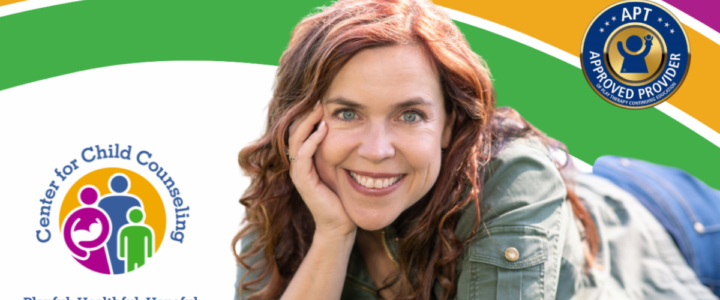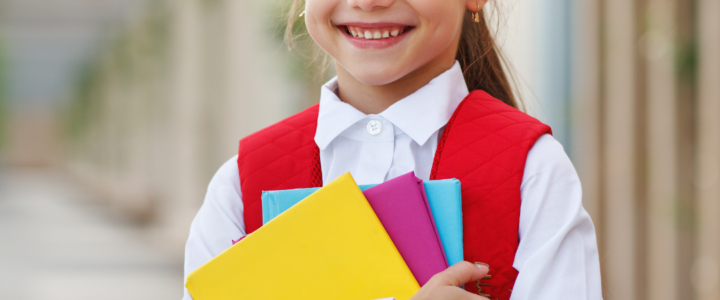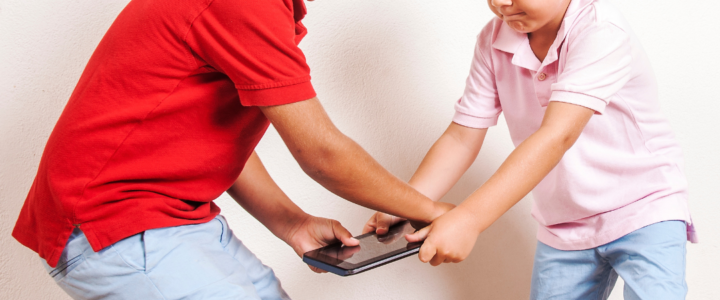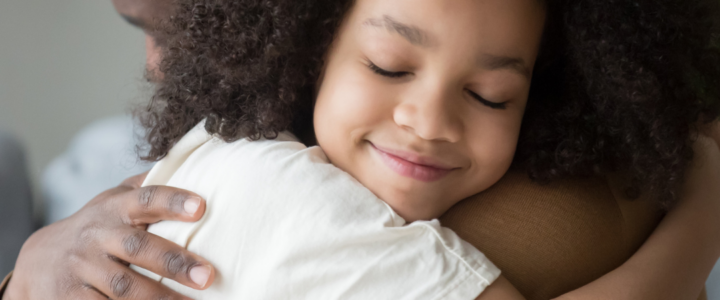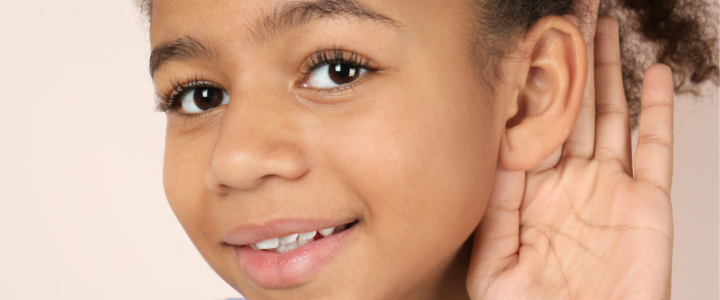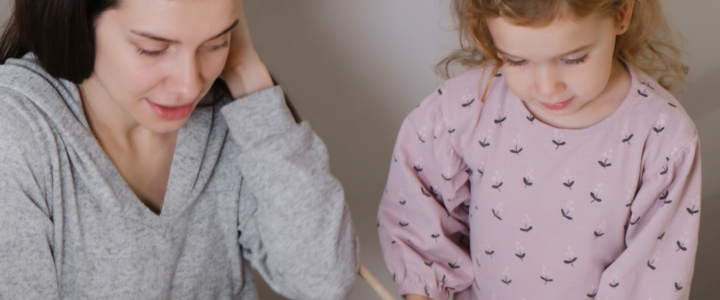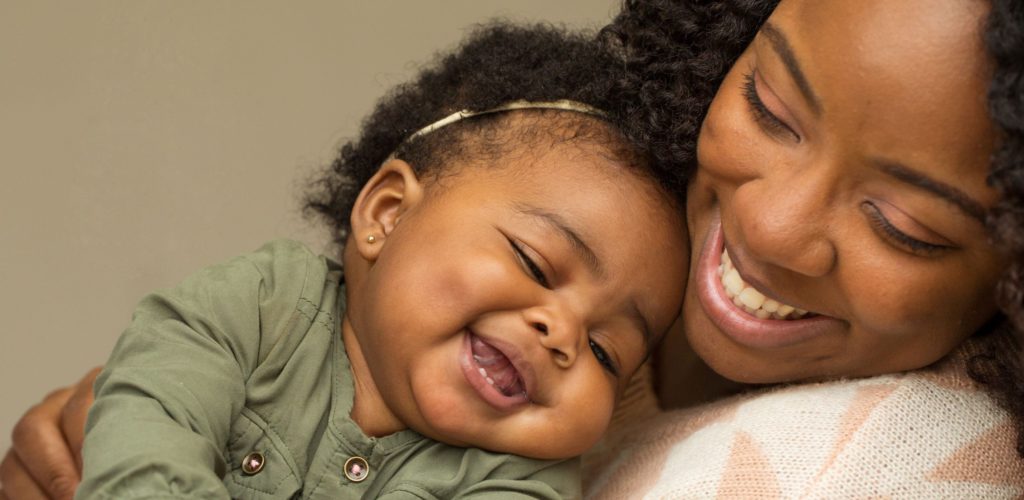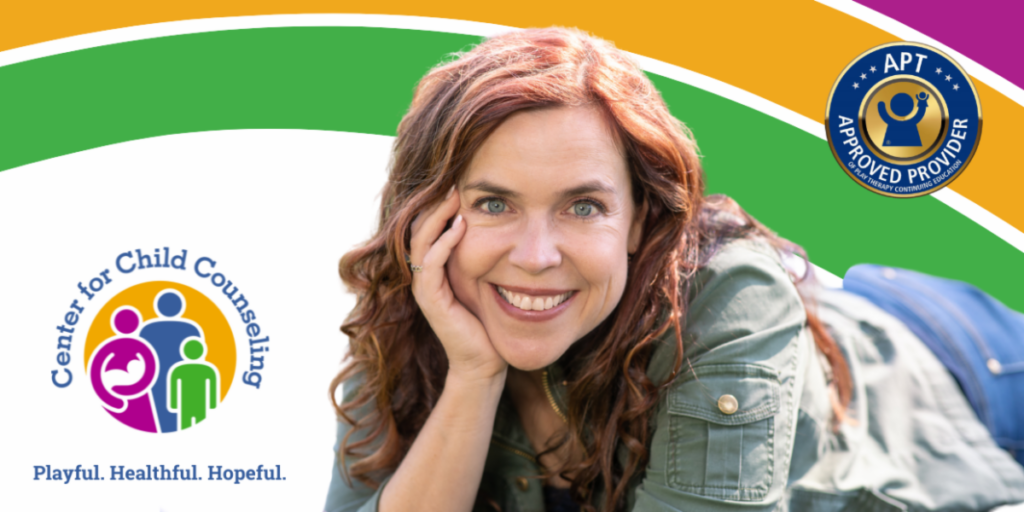
August 2, 2024 @ 9:00 am – 4:30 pm
In this training with Paris Goodyear-Brown, participants will explore the physiological confusion that often results with dysregulated children and teens as their stress response systems work to keep up with the pressures of our world.
Participants will learn techniques to help children articulate their anxiety provoking situations; establish emotional granularity, and soothe the physiology. Playful tools for designing and tracking gradual exposures will be covered.
Specific Play Therapy techniques will be augmented by detailed case examples, video clips, and experiential learning.
Presenter: Paris Goodyear-Brown, LCSW, RPT-S – click here for bio.
Learning Objectives:
1. List the three structures of the triune brain.
2. Explain the role of early attachment relationships in the evolution of a child’s self-regulation.
3. Articulate five play therapy interventions aimed at soothing the physiology.
4. List five play therapy interventions aimed at helping clients rehearse impulse control and/or anger management skills.
5. List three metaphors that can be used to describe how anxiety grows and how it can be reduced.
6. List six co-regulation strategies codified in the acronym SOOTHE.
7. List three play therapy tools for tracking exposure/response prevention trials.
Cost: $180 LIVE: This will be a LIVE, in-person workshop. Participants must attend the entire presentation and will be awarded LIVE CONTACT APT CE’s upon successful completion of a post test. Approved by APT for 6 LIVE CONTACT APT CE Hours & Florida Psychologist, LMHC, LMFT & LCSW CEU’s.
Discounts are also available for groups of 10+ people!
Student discounts available! Please email to welearnplay@centerforchildcounseling.org with your name, school, and request for a 30% student discount code.
Workshop Agenda
- 9:00am-10:30am Introduction to the balancing on the head of a pin: play therapy for anxiety, anger and other forms of dysregulation
- 10:30am-10:45am break
- 10:45am-12:00pm Introduction to the triune brain and role of early attachment relationships
- 12:00pm-1:00pm Lunch
- 12:30pm-2:00pm Play therapy activities to soothe the physiology and impulse control and/or anger management skills
- 2:00pm-2:15pm break
- 2:15pm-4:00pm 6 co-regulation strategies (SOOTHE) and play therapy interventions to track exposure/response prevention trials
- 4:30pm Goodbyes
Workshop Cancellation and Refund Policy
- All cancellations must be made at least 10 days prior to the scheduled workshop. Registered participants who provide proper notice (10 days or more) will be credited, minus a 25% workshop fee. For registered participants who cancel less than 10 days prior to the workshops, credit towards a future workshop will be provided. This credit must be used within 1 year of the original workshop date (no cash refunds). The registered participant may invite another person to substitute their place in the workshop (in which they are registered) at any time at no charge.
- You may cancel by emailing welearnplay@centerforchildcounseling.org
- No shows or missed workshops will not receive a refund or credit.
Center for Child Counseling is approved by the Florida Board of Psychology and Board of Licensed Clinical Social Workers, Licensed Marriage & Family Therapists, and Licensed Mental Health Counselors: Provider #50-11511.
Center for Child Counseling is an approved provider of Play Therapy Continuing Education through the Association for Play Therapy, which has developed policies, standards, and the credentialing for the practice of Play Therapy. APT Approved Provider #09-263.
*Play therapy credit may not be awarded to non-mental health professionals.
Center for Child Counseling is approved through the Florida Board of Licensed Clinical Social Workers, Licensed Marriage & Family Therapists, and Licensed Mental Health Providers #50-11511.

